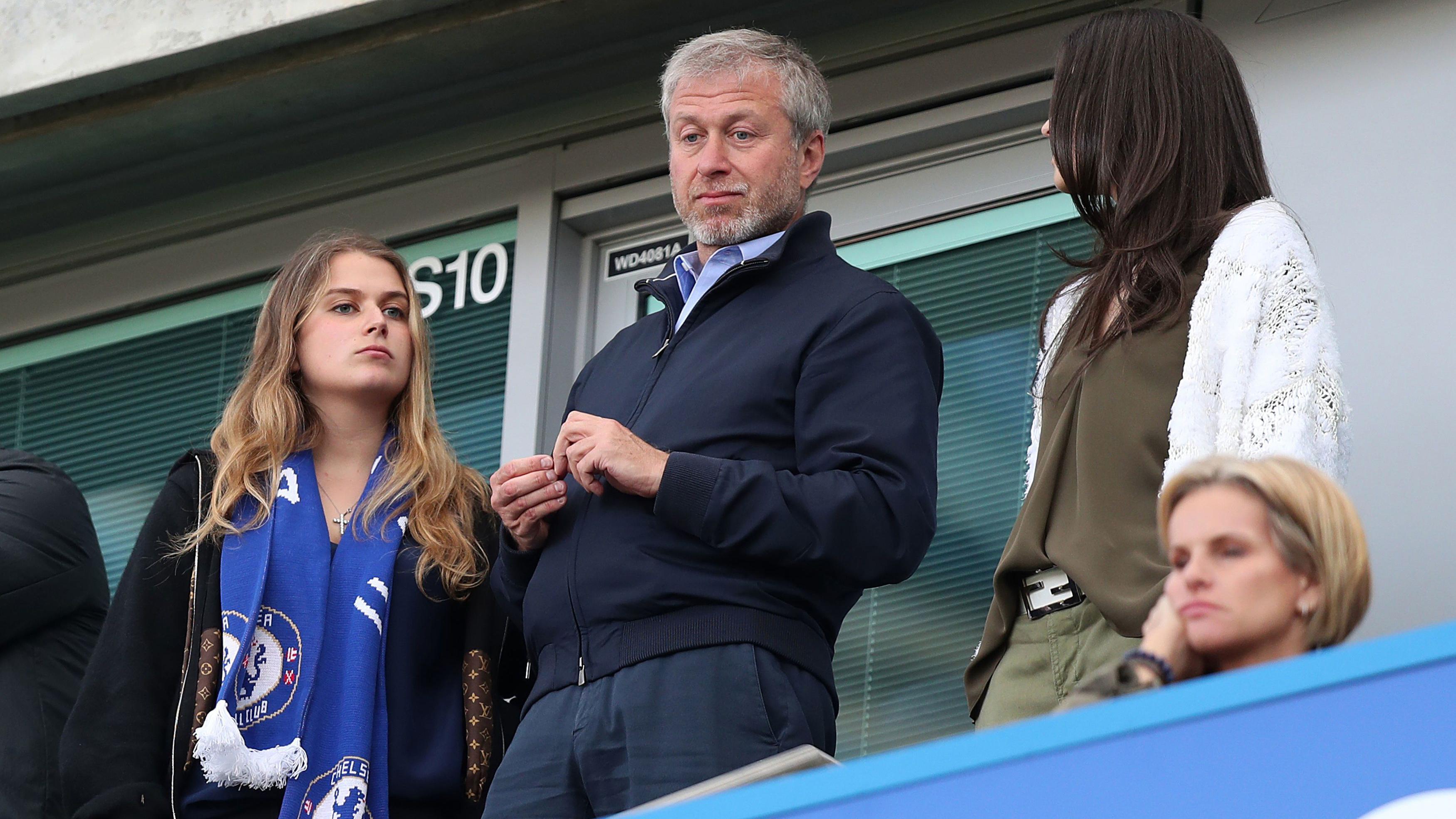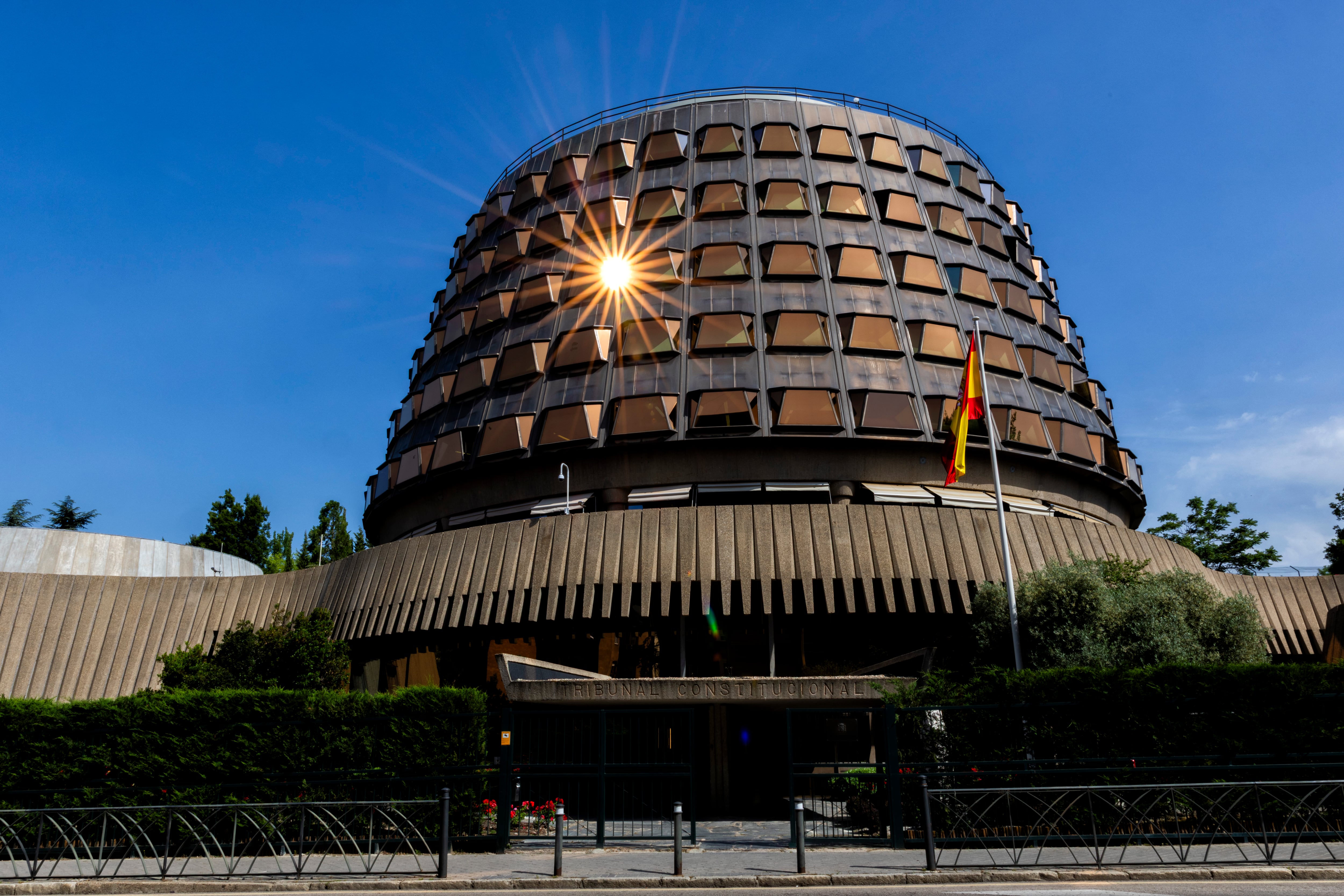ZSE virtual battery will be less convenient

The return on investment may be extended.
Already in March, the discussion forums of solar energy fans have appeared that West Slovak Energy (ZSE) will change the conditions for the purchase of electricity from photovoltaic panels within the product virtual battery.
Its essence is that ZSE for a fee of three euros a month will redeem the unused electricity, which the customer’s photovoltaic panels send to the network at a fixed price throughout the day.
According to some of the discussers, ZSE tried to convince clients by phone calls to switch to the new Flexi virtual battery. With the fact that the purchase price would no longer be fixed, but flexible depending on which part of the day it is passed on.
« Since the employee could not tell me the price of the purchase, I thanked me for keeping the original product, » says Tomáš Haspra, who started using the virtual battery at a time when the fixed fee for it was two euros, six years ago. « It won’t come to me to push people into a new service without publishing all the information, » he adds.
The terms of the purchase of electricity are already known, ZSE recently published new price listvalid from the first June 2025. The price list brings bad news for clients with a fixed fee.
In the article you can read:
- As the prices and charges for the purchase of electricity from the sun will change,
- Why is the price list change,
- What options do the customer who disagrees with the change,
- Whether the return on the cost of photovoltaic panels is changed.
What will change
For those who decide to stay with the original product Virtual Battery Klasik, a new fee is significantly increased from three to 18 euros per month. The purchase price for electricity will be 11 cents with VAT for one kilowatt hour (kWh).
At new product There will be a fixed fee of three euros a month. However, the purchase price of electricity will be lower than that of the classic. It will range from four to eight cents per kWh depending on the time zone that will be four. The lowest tariff will be applied during working days from 10 am to 6 pm and weekend.
The advantage of the new rules is that ZSE will not limit the amount of electricity handed over. Until now, the customer could only use the transferred electricity to the amount of their consumption. This means that if you have saved more in the virtual battery, the surplus has fallen in your annual settlement.
The cost of a deviation
ZSE explains, the price list has changed because the current model of the purchase is no longer taking into account the fluctuations in electricity prices on the market. They are low during the day and sometimes, for example, to lunchwhen the sun shines, electricity is sold at negative prices because there is a surplus on the market. At night, electricity is more expensive.
In practice, ZSE may be redeemed from customers for lunch of electricity worth 20 euros per MWh, but it will supply it to EUR 100 per MWh in the evening. In this way, the distribution company creates a big difference between the price of electricity, which the customer has saved in the virtual battery and the price at which he returns to him. These fluctuations in the past were not so significant because photovoltaic panels have not yet been so widespread.
« So far, the fixed fee has been covered by operating costs and a deviation costs, but commodity trading has caused us a loss, » says ZSE spokeswoman Katarína Šulíková.
According to her, coverage of negative differences in the price of electricity during the day is to ensure that the fee to EUR 18 is increased.
What can a customer do
ZSE claims that the new flexible product takes into account the development of electricity on the market and recommends it to the customer as the most advantageous solution.
Those who do not comply with the change may conclude a contract for free electricity supply. « This is only advantageous for customers whose production is very low and need us to take responsibility for their deviation, » adds Šulíková.
Another alternative is to terminate the virtual battery contract, or invest in your own battery for storing excess electricity. But it costs several thousand euros and the investment does not have to return quickly.
Finally, Tomáš Haspra decided to switch to a flexible virtual battery because he does not produce more electricity than he consumes in the home. He also addressed the competition of ZSE, but its conditions were also disadvantageous.
What is a virtual battery
It is a product of energy companies that ensures that electricity produced by photovoltaic panels of the customer is handed over to the network where it temporarily stores it.
It serves to make the customer excess (unused) electricity, typically produced during the day, back at night, or when the weather is bad. The purchase fee pays for the purchase, the distribution company in turn pays him for the amount of electricity purchased. ZSE claims that the virtual battery saves the owner up to half of the electricity cost.
Longer return on investment
Haspra fears that the return on his investment in photovoltaic panels with three kilowatty will be extended after a new one, although he cannot accurately estimate how much.
« If I compare the old and new virtual battery model, I expect a deterioration in return, » he adds.
During the 2019 marketing campaign, ZSE attracted people interested in the virtual battery by sending the monthly electricity invoices and investments of several thousand euros to photovoltaics.
According to analyst Radovan Potočár, not only the price for the purchase of electricity, but also the volume of electricity or the share of electricity handed over to the network, enters the return rate of the photovoltaics return. On average, the return is estimated at six to ten years.








